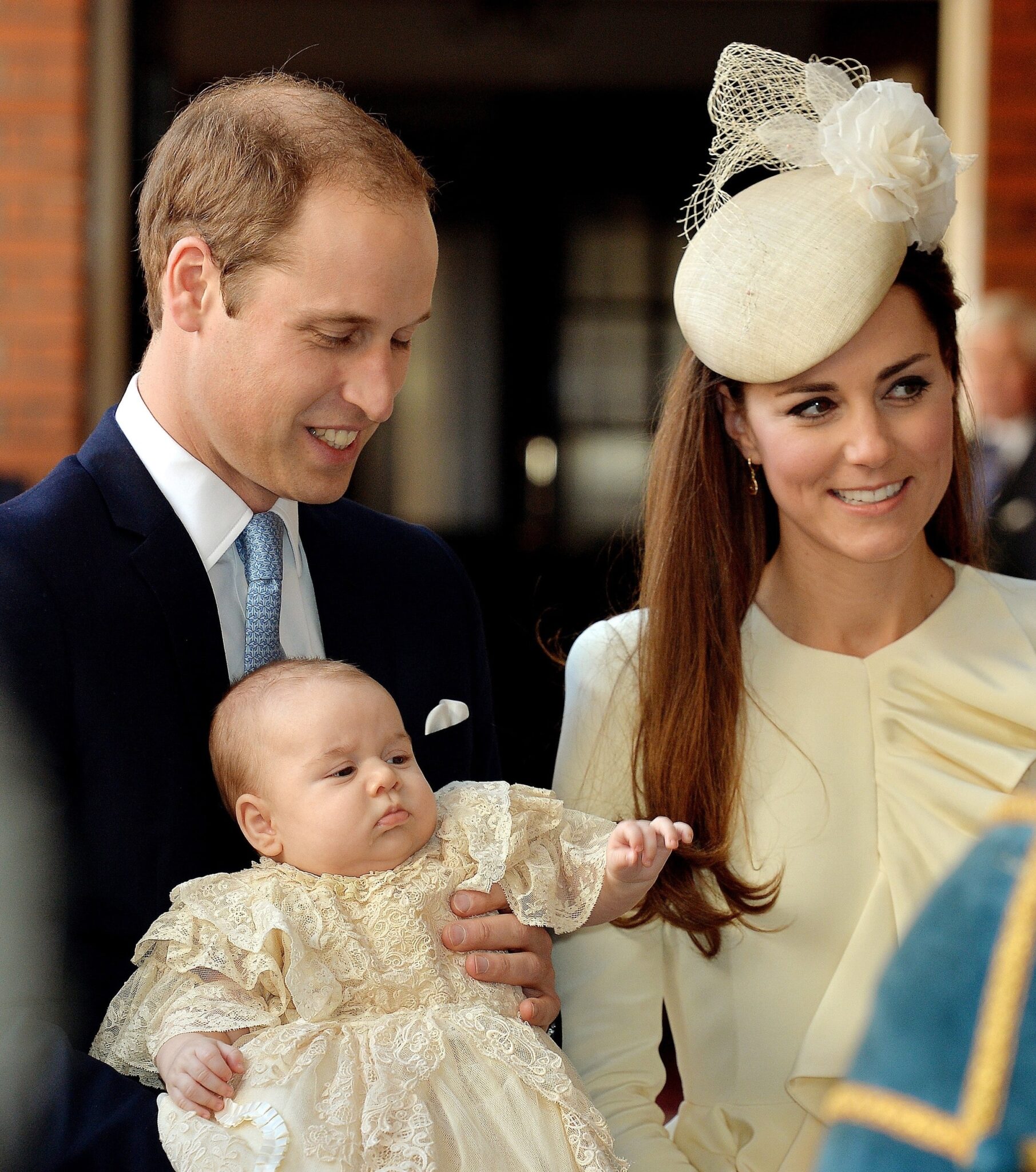Középfok (B2)
Read the text and complete the tasks that follow. Choose a, b, c or d. Put a circle round the most appropriate answer.
Mothers are the happiest people in Britain
Mothers are happier with their lives than any other group in society, a major new study of relationships shows. One of the most detailed studies of Britain’s relationships ever carried out found that even for women in unhappy relationships, being a mother was closely related to being happy with life overall. Research involving more than 5,000 people over a two year period attempted to uncover the hidden secret of a lasting relationship – as well as the hidden pitfalls.
The Open University study found that gestures, such as saying thank you or simple praise, rather than grand romantic actions, were ranked among the most powerful bonds holding Britain’s couples together. It also uncovered some unlikely hidden practices – including an apparently widespread taste for couples dancing together privately in their living rooms. Researchers said dancing could range from putting on a meaningful track, such as the first dance at a wedding, to “silly” and raucous music.
As part of the study, funded by the Economic and Social Research Council, thousands of couples took part in a survey asking them to rate their satisfaction with their relationships, their partners and their lives in general. The responses uncovered a marked divide between those with children and those without as well as between men and women. While women with children were among the most likely to rate themselves as being dissatisfied with their marriage or relationship or show signs of growing estrangement from their partner, they topped the list of those voicing overall happiness with life.
Childless women emerged as the least generally happy group in society, even though they also appeared to have the most satisfying personal relationships. Meanwhile fathers emerged as slightly less happy overall than men without children. It concluded that women are far more likely than men to transfer their focus to their children after becoming a parent – often to the frustration of their husbands and partners. When asked to name the most important person in their life, well over half of mothers said their children, compared with just over a quarter of fathers. By contrast two thirds of fathers said their wife or partner was still the most important person for them, compared with just over a third of mothers.
Middle aged people consistently showed less overall happiness with their relationships either than those in the first flush of romance or older couples who had been together for decades. But, conversely, people who registered having gone through a recent adversity, such as a bereavement or unemployment, showed a higher overall attachment to their partner.
1. The study focussed on
a) why some families are happier than others.
b) how fathers related to their children.
c) what promotes bonding in a relationship.
d) differences between mothers and childless women.
2. Dancing in one’s living room seems to be
a) a favourite activity with couples.
b) a way to let off steam for couples.
c) a widespread practice.
d) one of the practices unknown so far.
3. It seems that grand romantic actions
a) are required in most relationships.
b) are less valued than simple gestures of appreciation.
c) are preferred by more women than men.
d) are important to younger couples.
4. Women with children considered
a) themselves less happy than childless women.
b) their relationships more satisfying than childless women.
c) their lives overall happier despite being less happy in their relationships.
d) childless women less happy.
5. The fathers taking part in the interview
a) turned out to be a little less happy than childless men.
b) put their children first, just like the mothers.
c) understood that mothers were more tuned to their kids.
d) never admitted being jealous.
6. It was also discovered that
a) middle aged couples were more satisfied with their lives than the young.
b) elderly people valued their partners very highly.
c) certain problems may result in stronger bonds between partners.
d) younger couples deal with problems better than the elderly.
Normal
0
false
false
false
EN-GB
X-NONE
X-NONE
/* Style Definitions */
table.MsoNormalTable
{mso-style-name:”Table Normal”;
mso-tstyle-rowband-size:0;
mso-tstyle-colband-size:0;
mso-style-noshow:yes;
mso-style-priority:99;
mso-style-parent:””;
mso-padding-alt:0cm 5.4pt 0cm 5.4pt;
mso-para-margin-top:0cm;
mso-para-margin-right:0cm;
mso-para-margin-bottom:10.0pt;
mso-para-margin-left:0cm;
line-height:115%;
mso-pagination:widow-orphan;
font-size:11.0pt;
font-family:”Calibri”,”sans-serif”;
mso-ascii-font-family:Calibri;
mso-ascii-theme-font:minor-latin;
mso-hansi-font-family:Calibri;
mso-hansi-theme-font:minor-latin;
mso-fareast-language:EN-US;}
answers: 1-c 2-d 3-b 4-c 5-a 6-c
Normal
0
false
false
false
EN-GB
X-NONE
X-NONE
/* Style Definitions */
table.MsoNormalTable
{mso-style-name:”Table Normal”;
mso-tstyle-rowband-size:0;
mso-tstyle-colband-size:0;
mso-style-noshow:yes;
mso-style-priority:99;
mso-style-parent:””;
mso-padding-alt:0cm 5.4pt 0cm 5.4pt;
mso-para-margin-top:0cm;
mso-para-margin-right:0cm;
mso-para-margin-bottom:10.0pt;
mso-para-margin-left:0cm;
line-height:115%;
mso-pagination:widow-orphan;
font-size:11.0pt;
font-family:”Calibri”,”sans-serif”;
mso-ascii-font-family:Calibri;
mso-ascii-theme-font:minor-latin;
mso-hansi-font-family:Calibri;
mso-hansi-theme-font:minor-latin;
mso-fareast-language:EN-US;}






